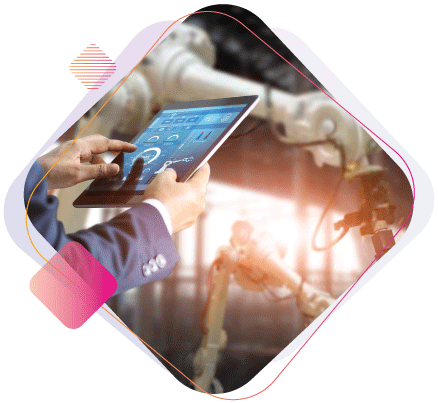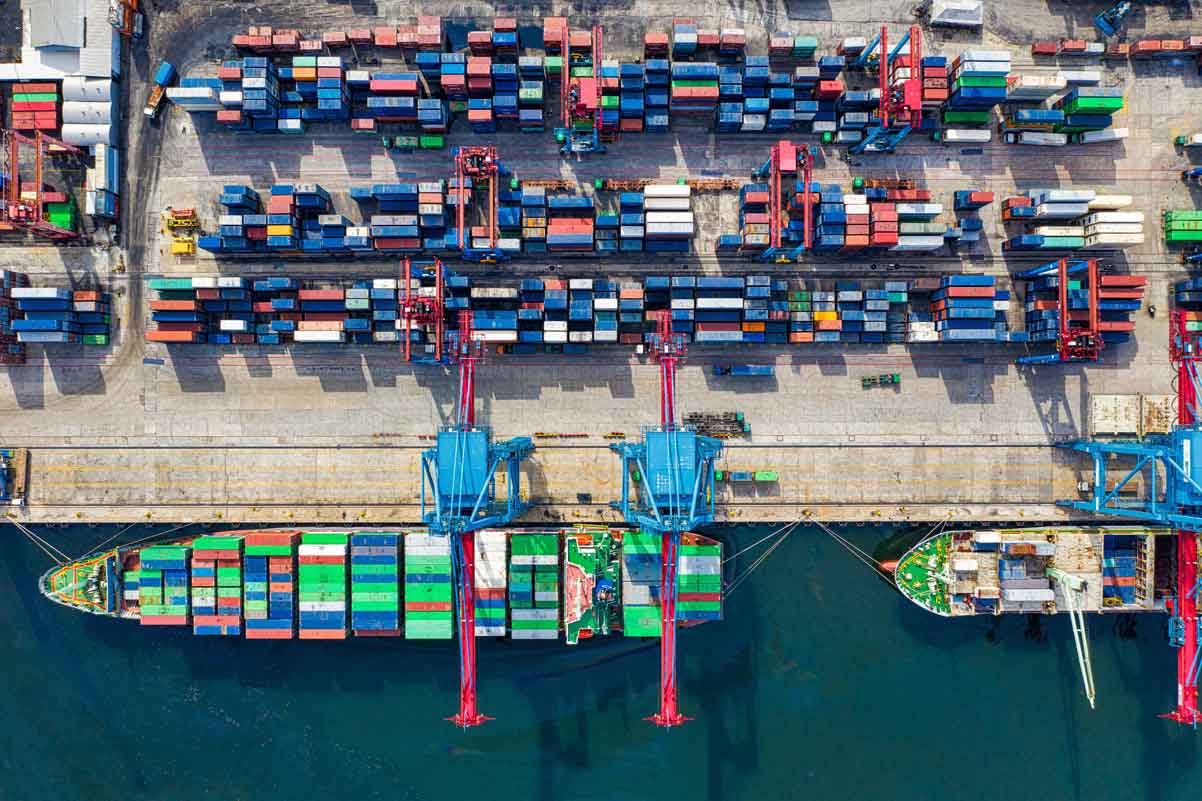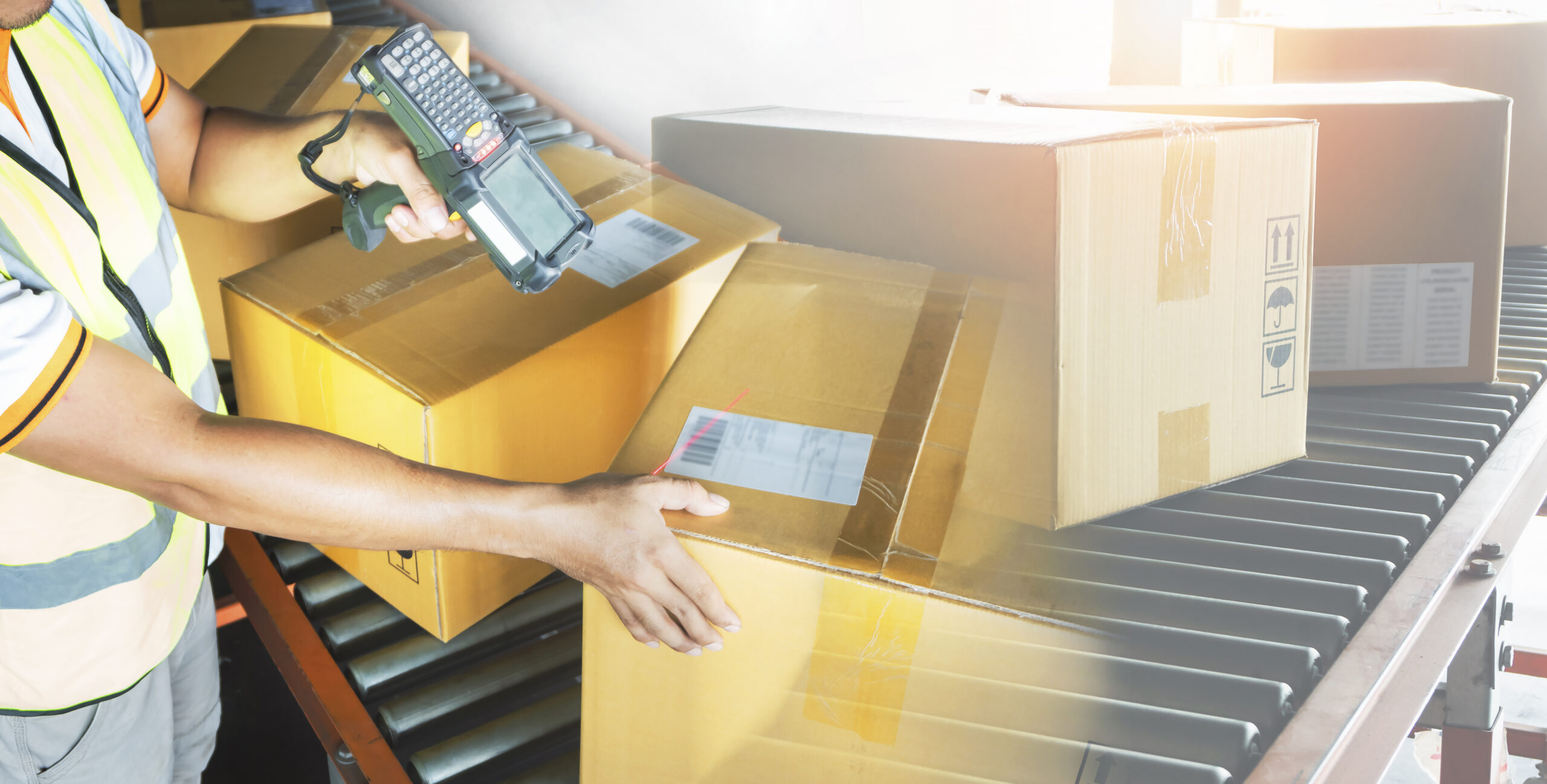
Overview

Manufacturing accounts for nearly one-third of GDP and tend to have the total multiplier effect to be $3.60 for every $1.00 of value-added output. Though the sector is regarded as a tradition-bound industry, technology has gradually piqued the interest of this industrial business. Despite that, manufacturers are confronting incredible difficulty than ever before in securely sharing data within and outside the factory walls. Thus, a connection linking humans and smart systems comes into the picture -blockchain, the smartest of all technologies.
Blockchain in Manufacturing Industry is relied on to amount to USD 30.0 million by 2020 and USD 566.2 million by 2025, developing at a CAGR of 80.0% from 2020 to 2025. Logistics and supply chain management are the broad applications that represent a significant portion of the overall industry during the estimated time frame. With developments in Blockchain in Manufacturing, manufacturers will overcome hurdles to full-scale deployment of resources that support highly mechanized and technologically advanced businesses.
MSRvantage, with a blockchain-enabled next-generation manufacturing system, provides efficient solutions for Blockchain in Manufacturing Industry by preventing counterfeits and stabilizing transparency for their stakeholders.


Benefits

Supply Chain Transparency
MSRvantage blockchain in the manufacturing industry will improve traceability and transparency in
the industrial supply chain by maintaining a permanent record of information decentralized and restricting user access for various stakeholders involved – purchasing company, manufacturing company, suppliers, logistics company, quality assurance team. This will strengthen the whole supply chain from sourcing to distribution of goods.

Observance of Regulations
MSRvantage blockchain in the manufacturing industry ensures inherent confidentiality and
capacity to monitor a single version of a piece of information. Machine-level monitoring and accurate material and component tracking and tracing improve the quality control process by reducing the possibility of mistakes occurring. As a result, there are fewer recalled items, less waste, and total income.

Asset Management
MSRvantage blockchain in the manufacturing industry can help provide solutions in Asset tracking
by tracking complicated and expensive equipment movements and intermodal logistics across carriers. Increase asset utilization with significant blockchain-driven gains in efficiency and security. A real-time, constantly updated ledger of each part's condition and usage could help cut down routine inspection and maintenance time.
Solutions

Track & Trace Solution
The supply chain is a network of organisations, activities, resources, people, and information that
turns natural resources and raw materials into a finished product that is supplied to the end client. Serial numbers are assigned at the individual product level, production lots, or batches can be used to track and trace in manufacturing industry. Product markings at all three tiers should ideally be rendered permanently. Permanent inscriptions that will endure the regular abrasion and wear of manufacturing's supply chain can be imprinted on a product using lasers, 2D barcodes, or pin marking technologies. The serial numbers system should be coupled with a digital platform where it may be categorised and aggregated for better data management. The alternative, manually typing data on paper, is time-consuming and prone to error.

Smart Contracts
Smart contracts exist as a PC program on a blockchain. An agreement's standards and
conditions are unchangeable, giving a level of certainty that individuals alone can't accomplish. What distinguishes smart contracts is their capacity to simplify and automate whole processes and execute human functions. Modern firms must contend with quickly changing competition, fluctuating demand, dynamic global supply networks, and altering laws. To remain competitive, winning firms must become more flexible and maintain tight relationships with their consumers and suppliers. Contracts are at the heart of each of these partnerships.

Rewards & Loyalty
Customers' engagement is critical for the success of such a program. A system like that will make it
easier as well as faster for customers to collect and access points, redeem them at different providers, or even exchange them for cryptocurrencies or fiat currencies. Customers can access a digital wallet that will store all of their loyalty points earned from various loyalty programs and redeem them at participating businesses. Consequently, points would be collected faster, and they would be more encouraged to utilize these programs since they would not have to wait extended periods to earn points that might be used for incentives.
Use Cases


How Blockchain is Transforming the Lubricants Industry
The lubricants industry plays a vital role in maintaining the smooth operation of machinery across various sectors, from automotive and manufacturing to aviation and shipping. As a critical component of
Read more 


Track and Trace in Medical Industry
The pandemic has proven the medical industry to be a line of defence in any country. While the medical industry is growing what with new technology and research, persisting problems
Read more 


Remould and enhance your rewards and customer loyalty solutions to gain efficiencies, reduce costs, and enhance brand loyalty
In today’s world, businesses are at the forefront of digital transformation. With the emergence of effective technologies, the demand for effective solutions has also increased. As a result, they find





